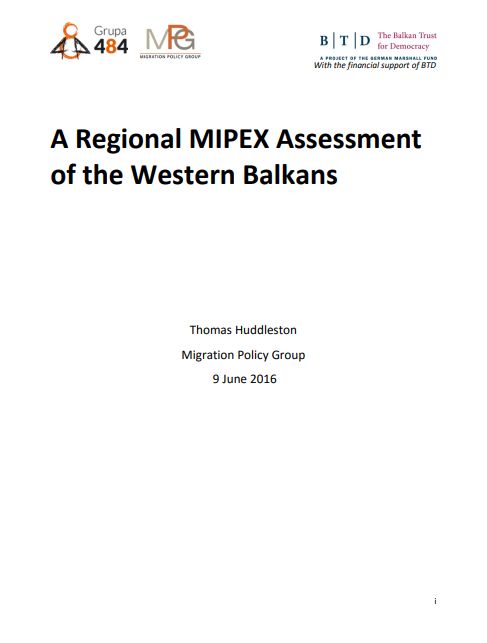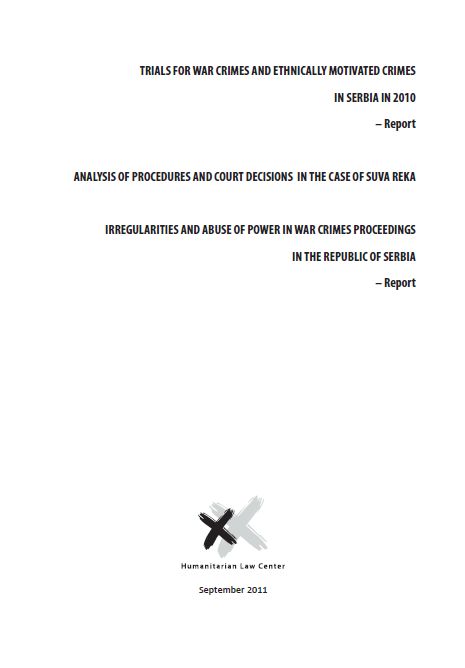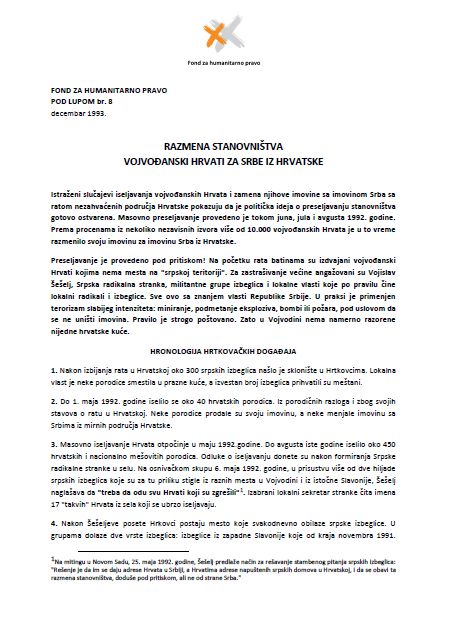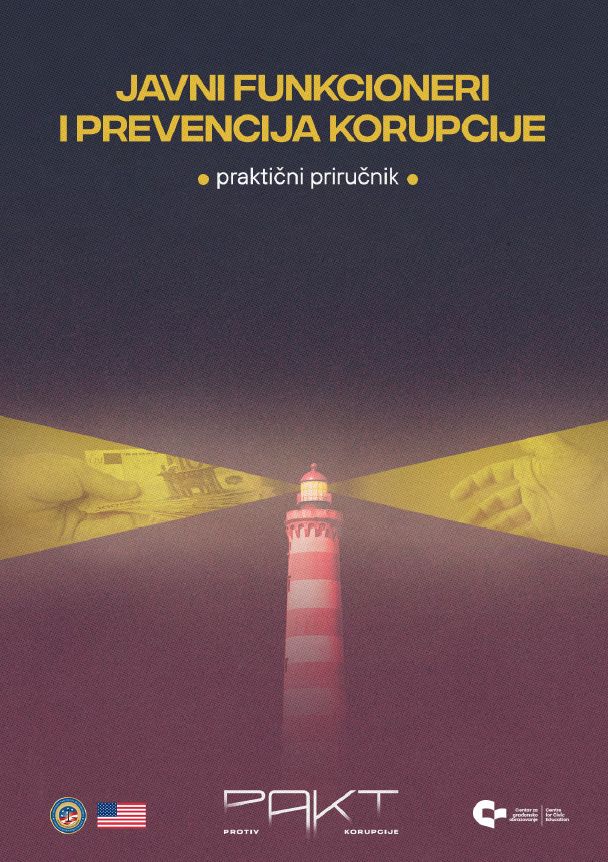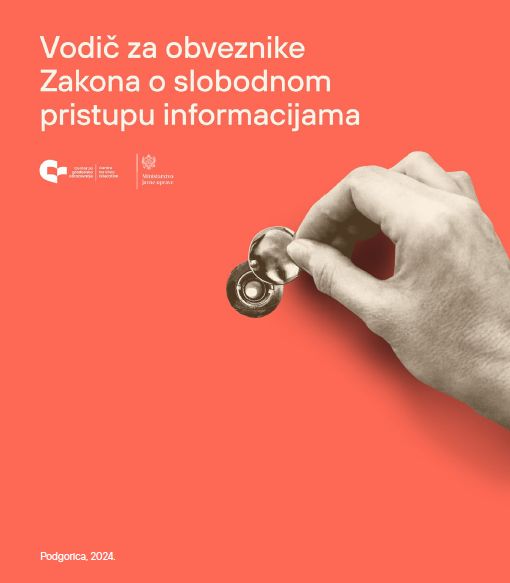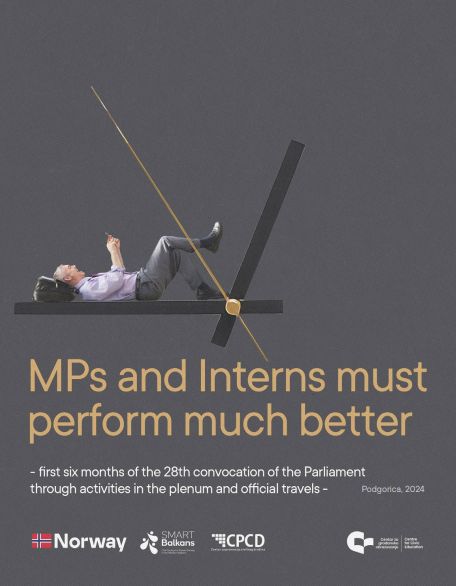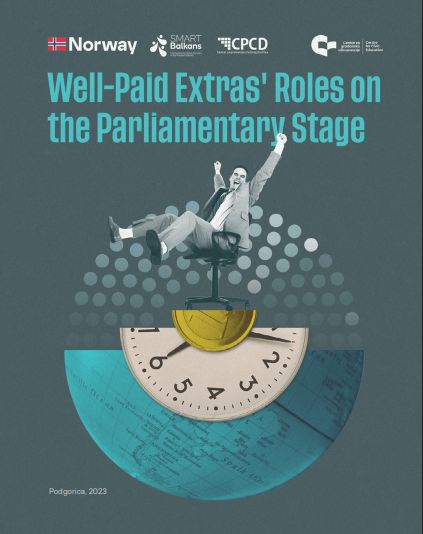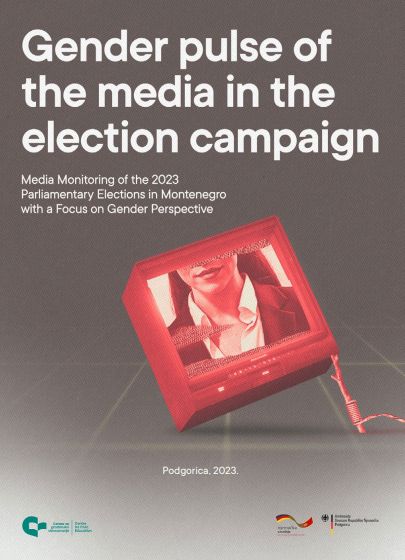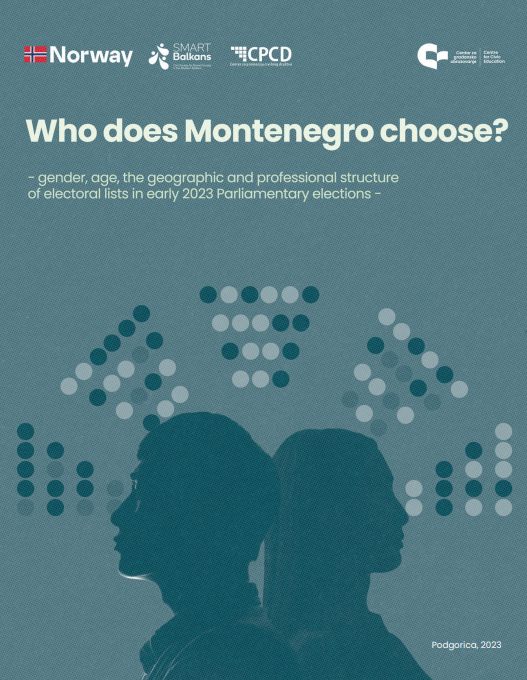Author(s): Nikola Mirković / Language(s): English
The constitutive session of the 27th convocation of the Parliament of Montenegro took place on 23 September 2020. This was preceded by parliamentary elections held on 30 August 2020, which resulted in significant changes in the political landscape and, consequently, in the structure of the Parliament of Montenegro. Specifically, the Parliament at that time entered 30 Members of Parliament (MPs) from the Democratic Party of Socialists (DPS-LP), followed by 27 MPs of the coalition "For the Future of Montenegro" (New Serbian Democracy, Democratic People's Party, Socialist People's Party, Labour Party, True Montenegro, United Montenegro), 11 MPs of the coalition "Peace is Our Nation" (Democratic Montenegro and DEMOS), four MPs of the coalition "Black on White" (URA and Civis), three MPs each from the Social Democrats (SD) and the Bosniak Party (BS), two MPs of the Social Democratic Party (SDP), and one MP each from the Albanian Coalition "Unanimously" and the Albanian List.The constitutive session of the 27th convocation of the Parliament of Montenegro took place on 23 September 2020. This was preceded by parliamentary elections held on 30 August 2020, which resulted in significant changes in the political landscape and, consequently, in the structure of the Parliament of Montenegro. Specifically, the Parliament at that time entered 30 Members of Parliament (MPs) from the Democratic Party of Socialists (DPS-LP), followed by 27 MPs of the coalition "For the Future of Montenegro" (New Serbian Democracy, Democratic People's Party, Socialist People's Party, Labour Party, True Montenegro, United Montenegro), 11 MPs of the coalition "Peace is Our Nation" (Democratic Montenegro and DEMOS), four MPs of the coalition "Black on White" (URA and Civis), three MPs each from the Social Democrats (SD) and the Bosniak Party (BS), two MPs of the Social Democratic Party (SDP), and one MP each from the Albanian Coalition "Unanimously" and the Albanian List.
More...






